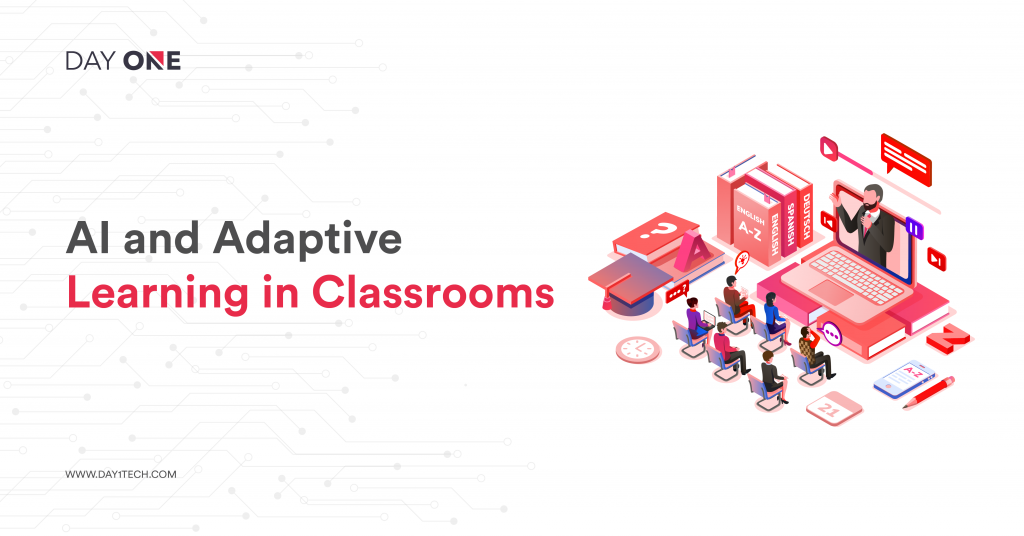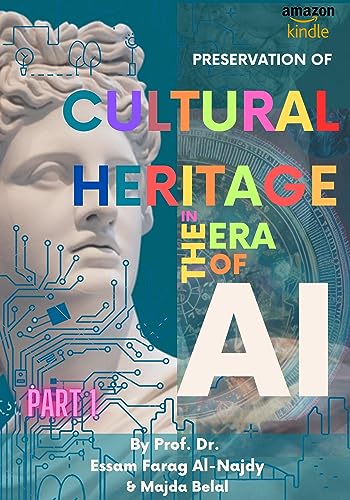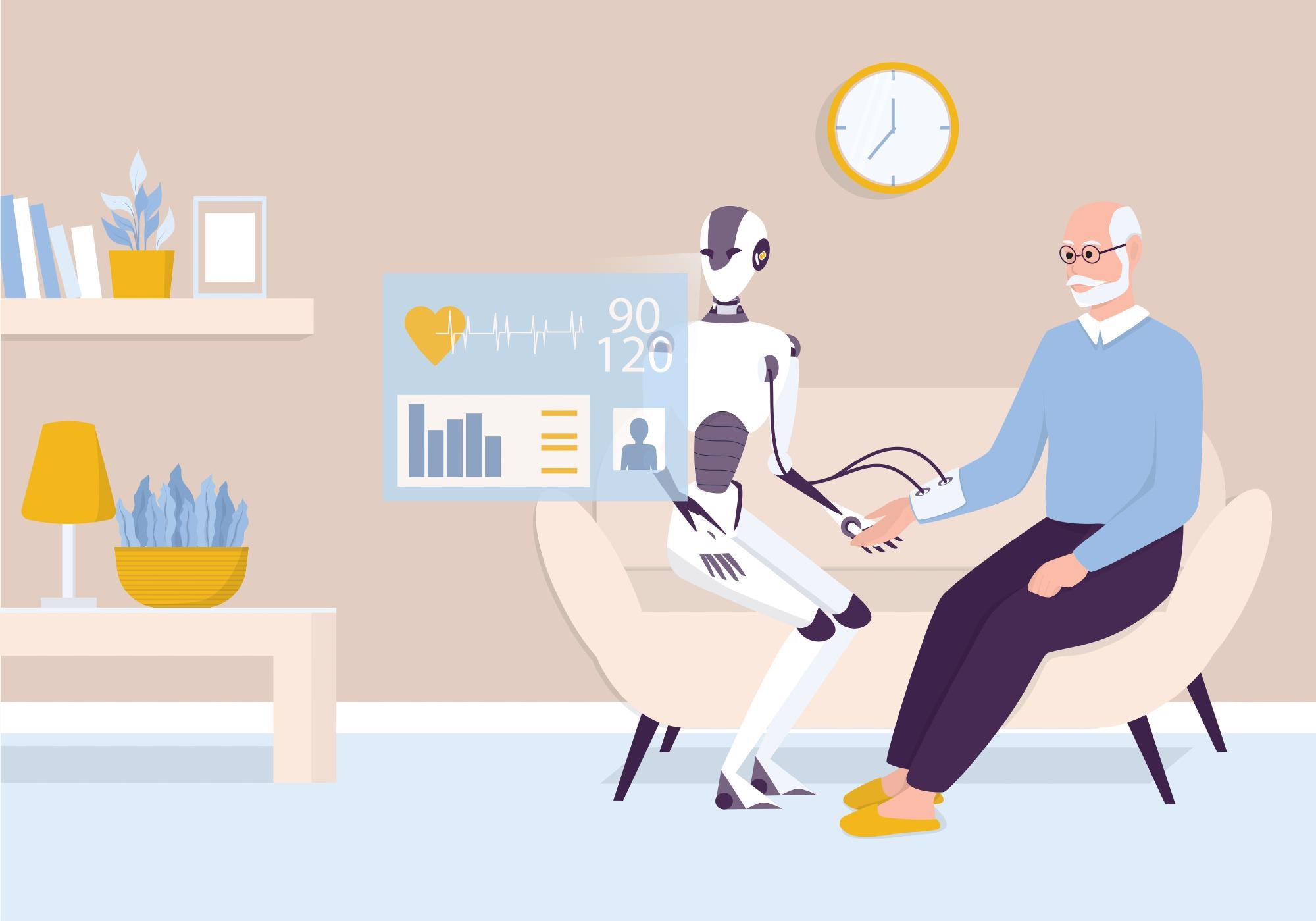The Evolution of Education with AI
Education has always been about imparting knowledge and skills to students, but the one-size-fits-all approach has its limitations. Every student is unique, with varying strengths, weaknesses, and learning styles. This is where AI steps in, offering the promise of tailored education experiences.
Personalized Learning: AI-driven systems can analyze individual student data and preferences, allowing educators to create customized learning paths. For example, a student struggling with math may receive additional practice problems and explanations, while a student excelling in science can be challenged with advanced material. Personalized learning ensures that each student progresses at their own pace and maximizes their potential.
Adaptive Systems: AI can adapt content and difficulty levels in real-time based on a student’s performance. If a student consistently answers math questions correctly, the system can automatically provide more complex problems. Conversely, if a student is struggling, it can offer simpler exercises or additional resources to help them grasp the concepts better. This adaptability ensures that students are neither bored nor overwhelmed, fostering an optimal learning environment.
Benefits of AI in Education
The integration of AI into education has brought forth numerous benefits:
Improved Learning Outcomes: Personalized learning and adaptive systems result in improved learning outcomes. Students are more engaged and motivated when they have a sense of control over their learning, leading to better retention of information and higher academic achievement.
Efficiency: AI can automate administrative tasks, such as grading assignments and managing schedules, allowing educators to focus more on teaching. This increases overall efficiency in educational institutions.
Access to Quality Education: AI-powered online platforms and Massive Open Online Courses (MOOCs) make quality education accessible to a global audience, breaking down geographical barriers and providing learning opportunities for people of all ages and backgrounds.
Early Intervention: AI can identify learning difficulties early on, enabling timely intervention and support for struggling students. This proactive approach can prevent academic setbacks and boost confidence.
Data-Driven Insights: AI generates valuable data on student performance, which educators can use to tailor their teaching strategies further. This data-driven approach ensures continuous improvement in teaching methodologies.
Challenges and Considerations
While the benefits of AI in education are undeniable, there are also several challenges and considerations:
Privacy Concerns: Gathering and analyzing student data can raise concerns about privacy and data security. Educational institutions must establish robust data protection measures to safeguard sensitive information.
Equity Issues: Not all students have equal access to technology and the internet. Ensuring that AI-powered education remains accessible to all socio-economic groups is a significant challenge.
Teacher Training: Educators need training to effectively integrate AI into their teaching practices. This requires investment in teacher development and professional growth.
Ethical Concerns: AI algorithms can inadvertently reinforce biases or stereotypes. Careful oversight and ethical considerations are essential to prevent AI from perpetuating inequalities in education.
Overreliance on Technology: There is a risk of overreliance on AI systems, which may lead to a reduction in human interaction and the personal touch that educators provide.
The Future of Education with AI
As technology continues to advance, AI’s role in education will only grow. From virtual reality classrooms to AI tutors, the possibilities are endless. However, the future should be one where AI complements, rather than replaces, human educators. The human touch, mentorship, and emotional support that teachers provide are irreplaceable.
In conclusion, AI in education is a powerful tool that can enhance the learning experience for students and improve the efficiency of educators. With the right balance of technology, ethics, and pedagogy, we can harness AI’s potential to create a more equitable and effective education system that prepares students for the challenges of the future. The journey has just begun, and the future of education with AI is full of promise.





